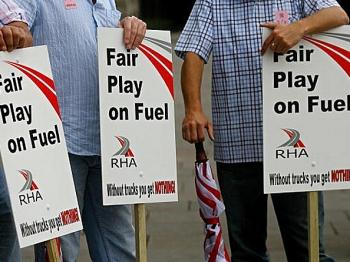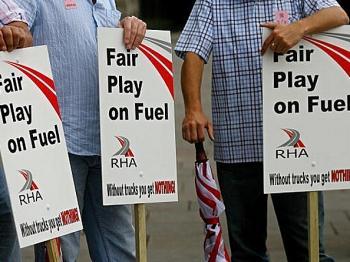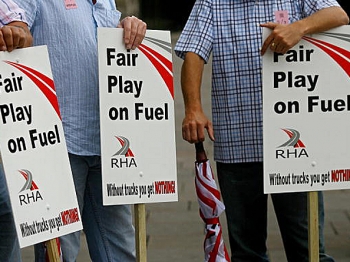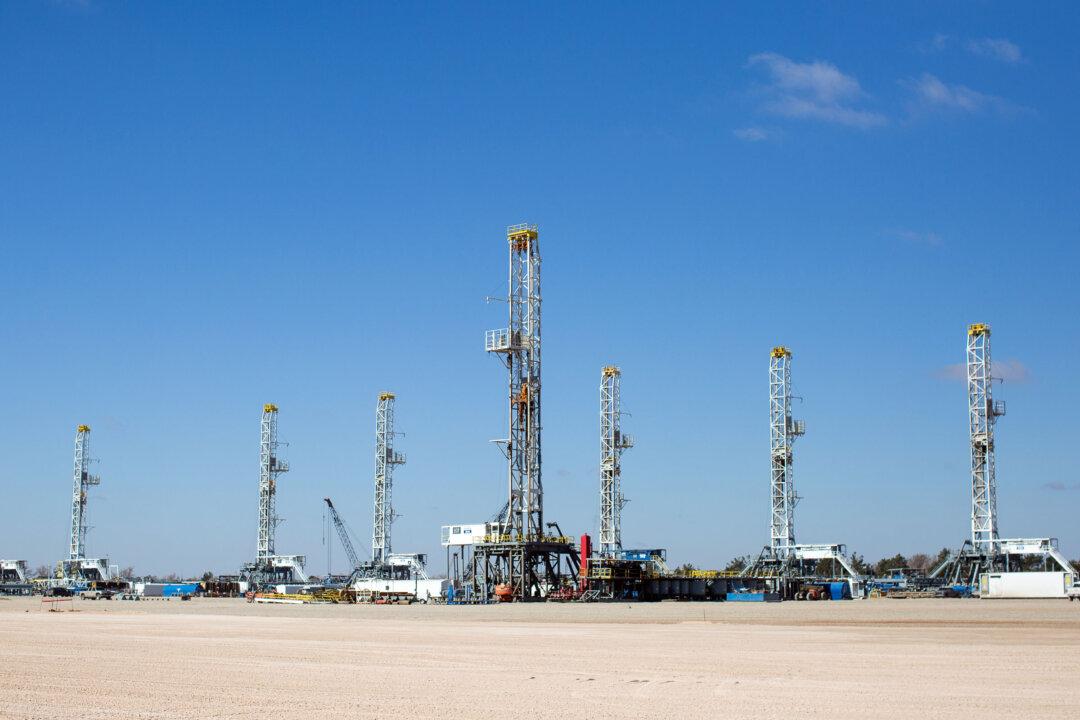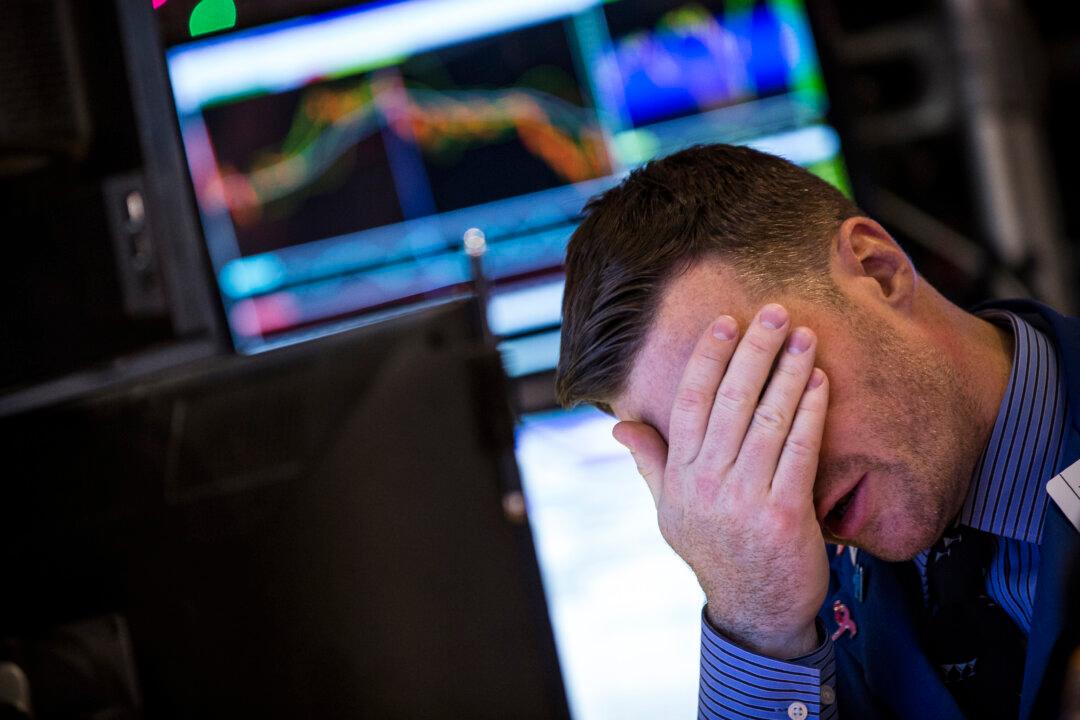Don’t blame OPEC, the oil companies, George W. Bush, or the Iraq War for our runaway oil prices. Some experts suggest that people who don’t use oil at all—speculating investors—are the ones steering oil prices.
Crude oil is edging toward $150, more than twice the price per barrel from twelve months ago. U.S. lawmakers have recently pinned the blame for high crude prices on speculators—investors who buy oil futures betting that oil prices would continue to climb.
Experts at Moody’s believe that of the price for oil, around $30 is due to speculation.
Are the speculators causing oil prices to climb, or are they merely riding the inevitable trend upward?
Veteran stock picker Jim Cramer doesn’t buy the speculation theory.
“[I] regard the people buying oil as geniuses,” Cramer said on a recent “Hardball” edition.
“They’re not speculating. They hit upon the right commodity and they made the right bet, which is that we’re running out of oil,” Cramer said. “These guys are worth maybe two, three bucks to the price of oil.”
